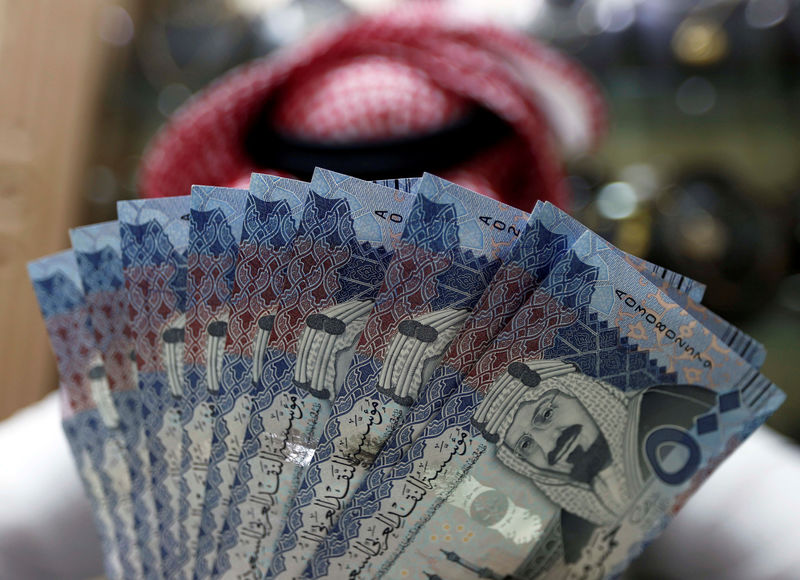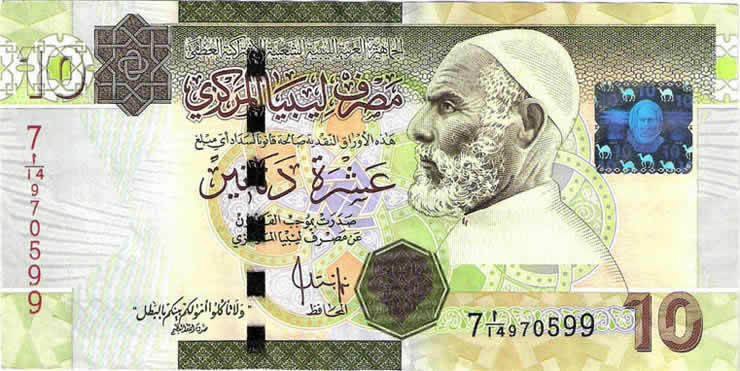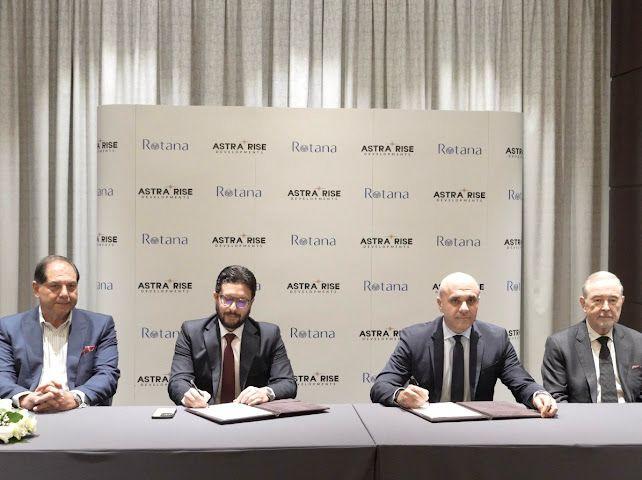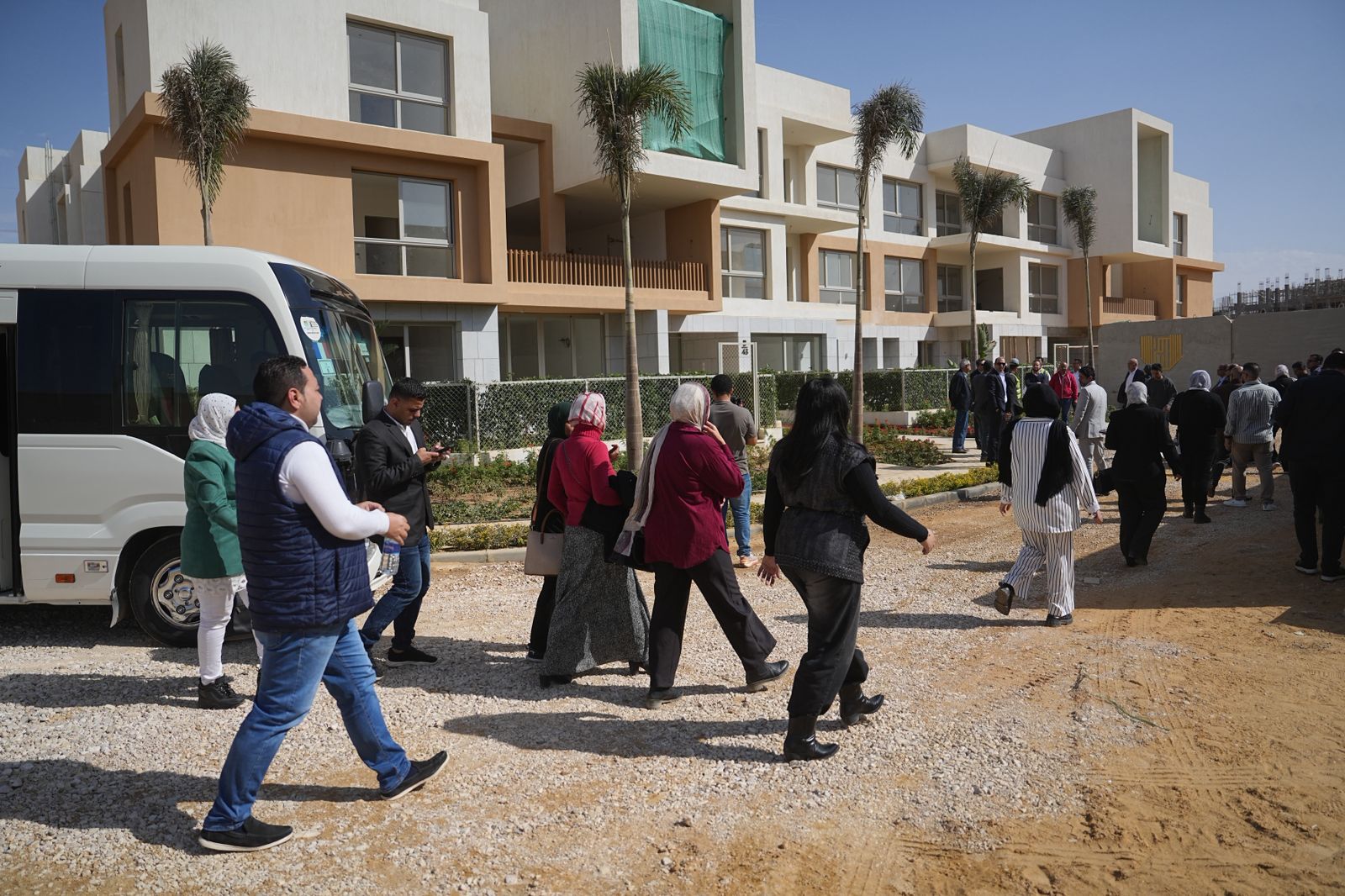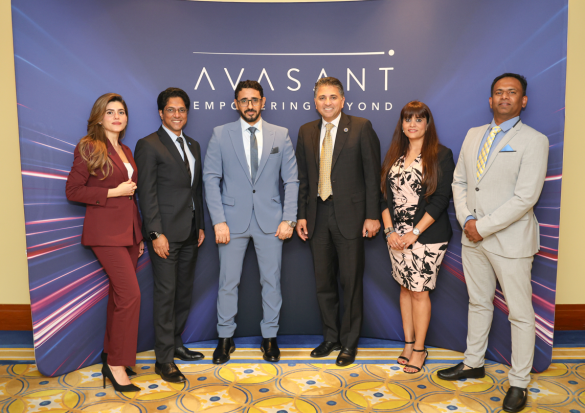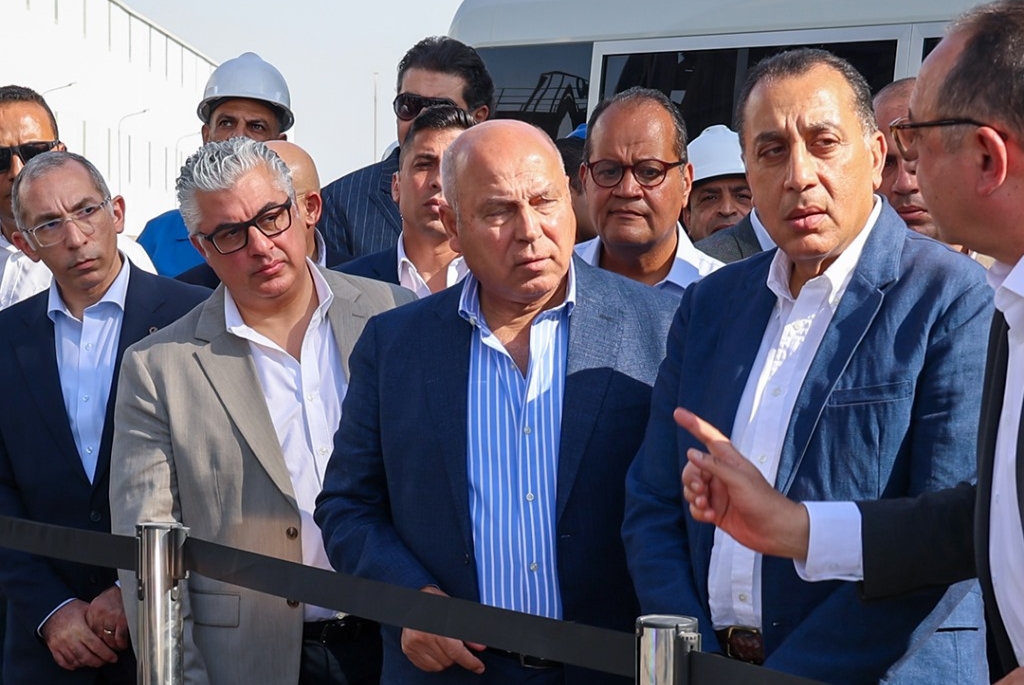Dubai- Masaader News
The International Monetary Fund did not recommend the decision taken by Saudi Arabia to triple value-added tax this month, an official said, cautioning against increasing consumption taxes in the Middle East amid the coronavirus- driven downturn, according to Reuters.
Saudi Arabia tripled VAT this month to 15% as it seeks to bolster state finances badly hurt by a drop in oil prices. Economists have said the move may lead to a spike in inflation and dampen economic recovery.
The IMF had recommended last year that Saudi Arabia double its VAT, advice the kingdom did not follow at the time. But Jihad Azour, director of the IMF’s Middle East and Central Asia Department, told a virtual forum on Thursday that the Fund was not advising such hikes in the region now, during a recession.
“It’s not wise at this stage to increase tax on consumption, especially in countries where the level of income is low, because this will create additional regression and additional pressure,” he said.
“Our general principle here for oil exporting countries and also for others who have the capacities and the reserves, is to find the right balance between providing support to stabilise the economy and consolidating the public finance situation,” he said.
“We did not recommend in the case of Saudi for example to triple the VAT at this stage, but I think broadly speaking achieving this objective is an important one,” he said.
Riyadh announced the VAT hike and suspension of a cost of living allowance in May, shocking citizens and businesses expecting more support from the government.
The kingdom – the world’s largest oil exporter – may see its economy shrink by 6.8% this year, the IMF has estimated, as the coronavirus crisis hurts business activity and low oil prices slash state revenues.
Asked about taxation reforms more broadly in the Middle East, Azour said tax systems should become more progressive and efficient.
“Instead of going to the easy measure which is to increase maybe a tax on consumption or keep an inefficient system of spending, I think this is the right opportunity to introduce additional fairness … be more transparent in the way public money is being used.”

